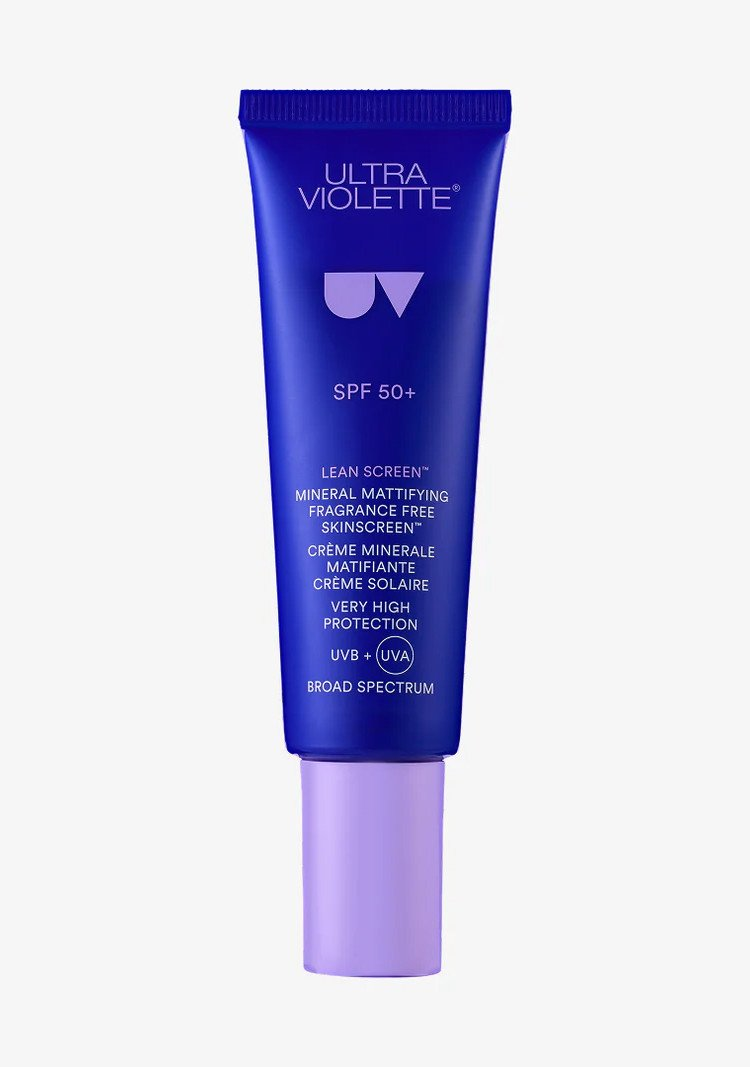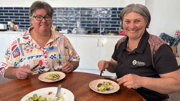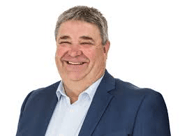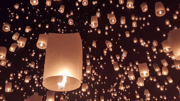
It had been three months since a blistering report cast doubt on whether Australians’ most trusted summer essential was working as advertised.
With another hot season fast approaching, uncertainty lingered over whether some sunscreens truly offered the promised protection.
Now the country’s top medicines regulator had stepped in, as consumers waited anxiously for answers.
The Therapeutic Goods Administration (TGA) confirmed it had launched an investigation into sunscreen testing following CHOICE’s damning findings earlier this year.
The consumer group had tested 20 sunscreens and discovered that 16 of them did not meet their advertised SPF 50 claims.
‘The current advice continues to apply. The benefits of sunscreen in preventing sunburn and skin cancers are well established.’
One of the most alarming discoveries came from Ultra Violette’s Lean Screen SPF 50+ Mattifying Zinc Skinscreen, which tested at an SPF of just 4.
That product was recalled, although Ultra Violette maintained confidence in its range.
‘We have tested and retested the entire Ultra Violette range at multiple independent labs and consistently found SPF results over 50.’
Other brands believed to use the same formula as the recalled sunscreen paused sales of some products while they conducted their own checks.
These included Found My Skin’s SPF50+ Tinted Face/Body Cream, Outside Beauty’s SPF50+ Mineral Primer, Endota’s Mineral Protect SPF 50, Aspect Sun’s Physical Sun Protection SPF 50+, and Naked Sundays’ SPF50+ Collagen Glow Mineral Sunscreen.
Not all results were grim, with some sunscreens actually exceeding their advertised protection.
CHOICE reported that La Roche-Posay Anthelios Wet Skin Sunscreen SPF 50+ tested at 72, Neutrogena Ultra Sheer Body Lotion SPF 50 at 56, Cancer Council Kid Sunscreen 50+ at 52, and Mecca Cosmetica To Save Body SPF 50+ Hydrating Sunscreen at 51.
But CHOICE CEO Ashley De Silva warned that performance varied even within brands.
‘We did see a few examples, Cancer Council being one of them, Neutrogena being another, where they actually had one product that met claims and one product that didn’t.’
The Cancer Council’s testing reflected this inconsistency.
Its Kid Sunscreen 50+ scored 52, but Everyday Value Sunscreen 50 returned 27, Ultra Sunscreen 50+ came back at 24, and Kids Clear Zinc 50+ tested at 33.
‘Recent reports have highlighted the limitations and variability challenges in SPF testing, and we welcome the Therapeutic Goods Administration’s (TGA) ongoing investigation into these issues.’
‘Cancer Council is following the regulator’s guidance and will await the outcome of the TGA’s investigation before taking any required steps.
‘All Cancer Council test results have been provided to the TGA, and based on those results, the regulator has confirmed there is no safety concern with our sunscreens and no reason to withdraw products at this time.’
Experts reminded Australians that the most effective sunscreen is the one they wear daily—applied generously and reapplied every two to three hours.
What This Means For You
CHOICE testing raised major questions about whether Australian sunscreens truly lived up to their SPF claims, leaving many to wonder if the products they relied on were as protective as promised.
The TGA responded by launching an investigation into sunscreen testing, signalling how seriously the issue is being taken.
While some products—like Ultra Violette’s Lean Screen—were recalled, others actually outperformed their claims, showing just how inconsistent the results could be even within the same brand.
For older Australians who often spend more time outdoors and face higher risks of skin cancer, this investigation is a reminder to stay vigilant, apply sunscreen generously, and keep an eye out for regulatory updates before heading into summer.
The sunscreen investigation has highlighted just how important it is to know whether the products we use every day are truly effective.
Questions about accuracy in SPF labelling have been raised before, with previous tests uncovering similar inconsistencies.
One recent report shed light on several brands that failed to deliver the promised level of protection, sparking fresh concern over what ends up on store shelves.
Read more: New research exposes Aussie sun care brands failing to deliver protection
As summer edges closer, will Australians feel confident that their sunscreen is really doing its job?







